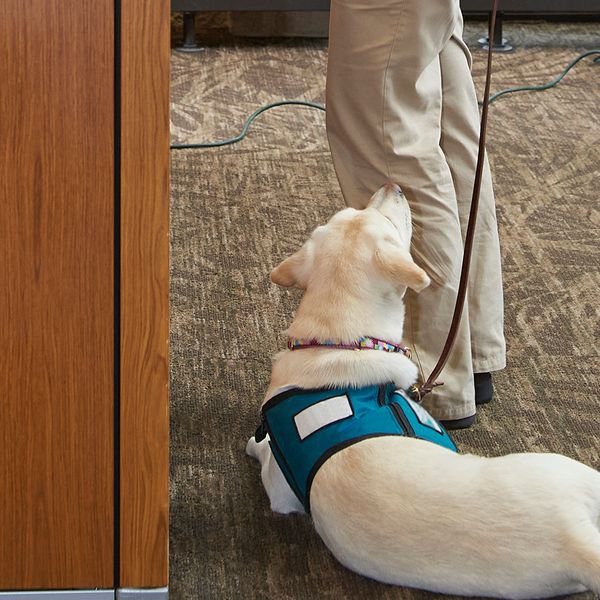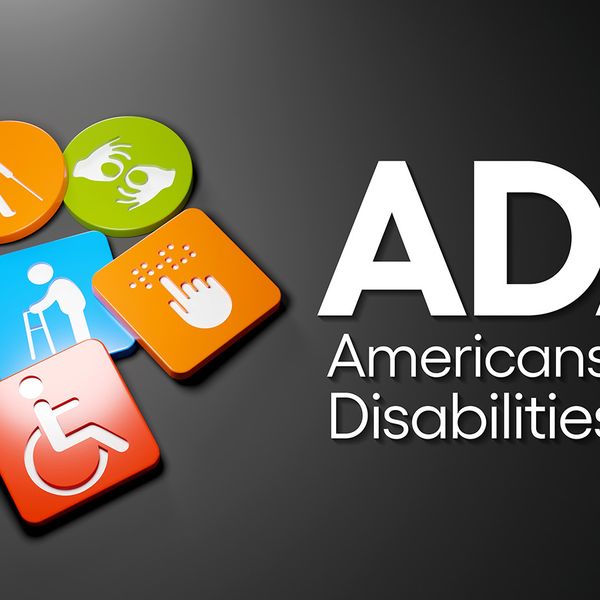Company discriminated against applicant with one hand by rescinding job offer
Recently, a Utah staffing company allegedly rescinded a conditional job offer because the applicant was missing the left hand. The company also did not provide a reasonable accommodation and chose not to hire the person because of the disability and/or need for an accommodation.
As a result, a discrimination lawsuit was brought about by the U.S. Equal Employment Opportunity Commission (EEOC). The company will pay $77,500, and in addition will be required to:
- Revise their anti-discrimination policies,
- Investigate promptly and thoroughly complaints of disability discrimination,
- Train all employees (including temporary associates) on antidiscrimination, and
- Provide reports on training, complaints of discrimination, and any revisions to policies and procedures to the EEOC.
Where the company went wrong
The company did not engage in what’s called the “interactive process” with prospective employees. Instead, the company discriminated against the applicant by making assumptions about the applicant’s abilities.
To help find effective accommodations, the EEOC says that employers should use the interactive process, which simply means that employers and employees with disabilities who request accommodations work together to find a solution.
Because the Americans with Disabilities Act (ADA) does not mandate a particular format for the interactive process, employers are free to develop their own process.
6 key steps in the interactive process:
- Recognize an accommodation request.
- Gather information.
- Explore accommodation options.
- Choose an accommodation.
- Implement the chosen accommodation.
- Monitor the accommodation.
What employers should do
Engaging in the interactive process helps employers discover and provide reasonable accommodations. By engaging in the interactive process, it shows a good-faith effort was made, which can protect against punitive fines and compensatory damages should discrimination claims arise.
A thorough, documented conversation also helps when there may be a question regarding whether an applicant’s or employee’s disability can be reasonably accommodated and what type of accommodation might best help the individual apply for a job or perform the essential functions of a job.
Key to remember: Employers should not make assumptions about an applicant’s or employee’s abilities during the hiring process or thereafter. Instead, engage in the interactive process to help avoid claims of discrimination.





















































